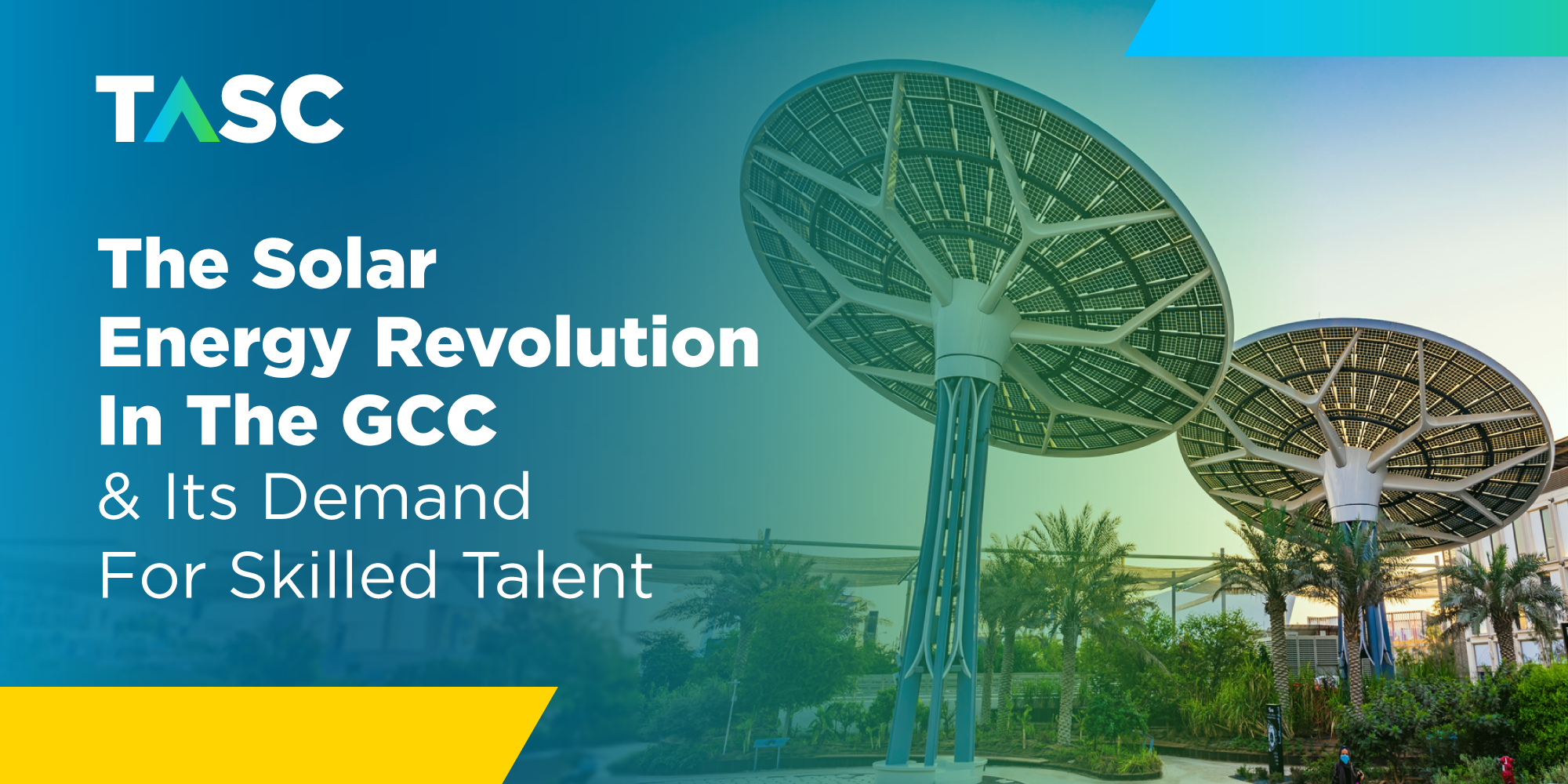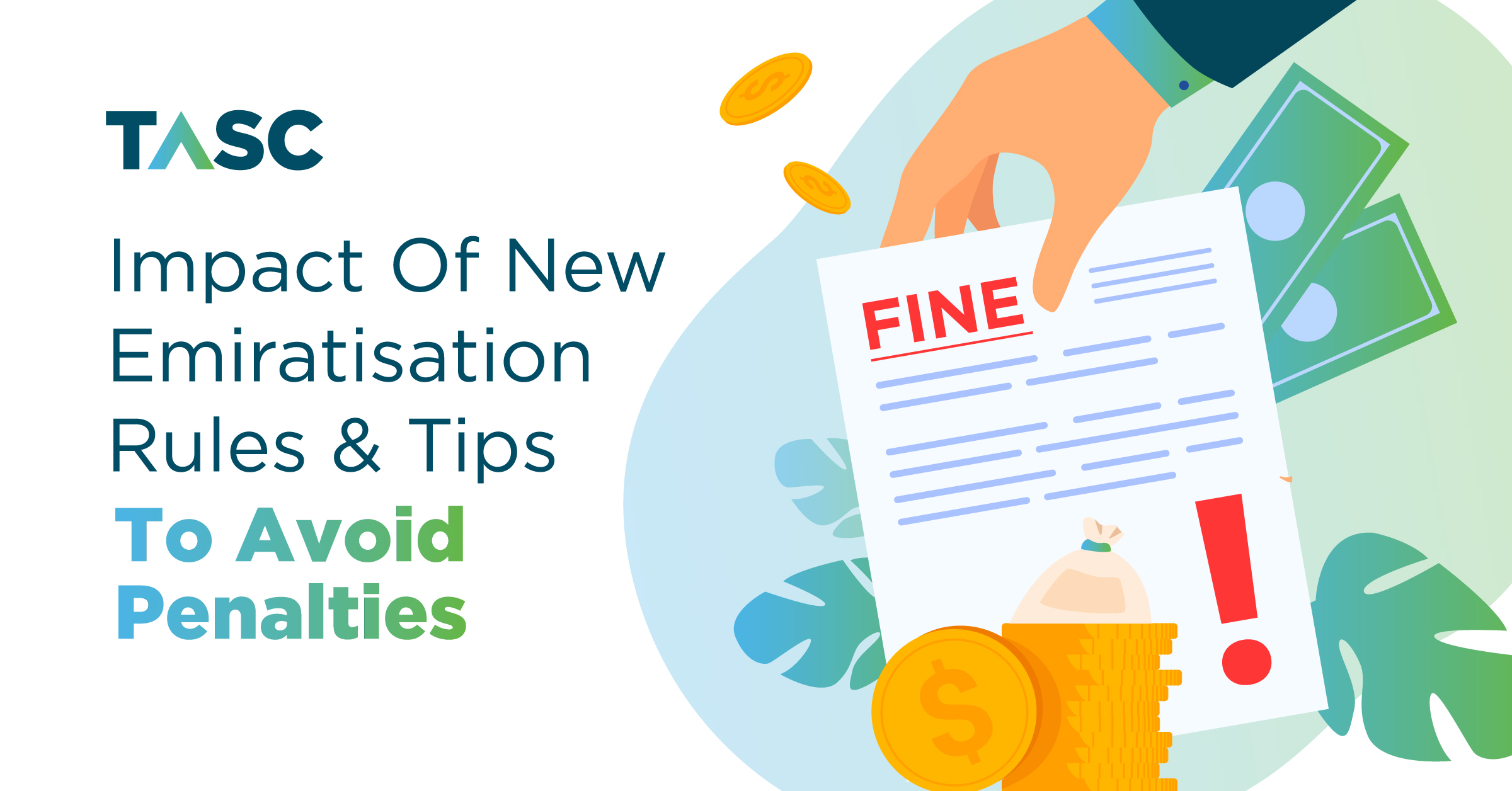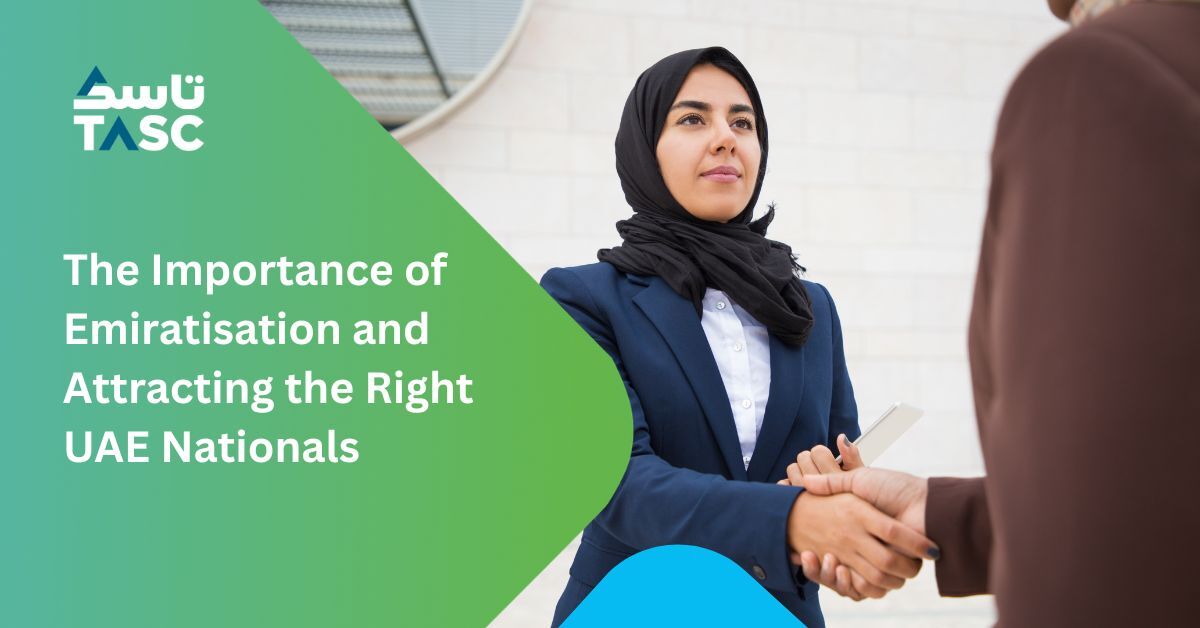The Solar Energy Revolution In The GCC & Its Demand For Skilled Talent
The Gulf Cooperation Council (GCC) region is witnessing a remarkable transformation with the rise of solar energy. With photovoltaic (PV) costs plummeting and ambitious national targets, a green transformation is underway. This seismic shift in energy production is not just about technology; it's about the people who will drive it forward.
Expanding GCC Solar PV Market
The solar PV market in the GCC is undergoing a remarkable expansion, driven by significant reductions in the levelized cost of electricity (LCOE). From 2010 to 2021, the global weighted average LCOE for new utility-scale solar PV plummeted by an astonishing 88 percent, making solar energy increasingly viable and attractive. As a result, the GCC is on track to achieve an impressive 40 gigawatts of utility-scale PV projects by 2030, alongside creating approximately 124,000 solar PV jobs. This growth is a quantum leap from 2018, when the region's installed PV capacity was just 613 megawatts, primarily concentrated in the UAE.
The UAE is leading this charge with ambitious projects like the Mohammed Bin Rashid Al Maktoum Solar Park in Dubai, targeting 5,000 MW. Similarly, Abu Dhabi is adding 3,500 MW across two sites. Saudi Arabia is also contributing significantly with around 10 GW of renewable capacity in the pipeline. This rapid expansion reflects a strategic shift in the region's energy policies, focusing on reducing carbon emissions and conserving water resources.
This trend is further underscored by the expected compound annual growth rate of approximately 12.5 percent over the next five years, with the UAE demonstrating a significant 32 percent year-on-year increase in installed solar power capacity in 2020. The deployment of solar and other renewable energy sources not only aligns with environmental goals but also promises substantial economic benefits, including a significant reduction in oil consumption and a decrease in carbon dioxide emissions and water usage in the power sector.
Large-Scale Solar Projects in the UAE
The UAE's commitment to renewable energy is exemplified by massive projects like the Mohammed Bin Rashid Al Maktoum Solar Park in Dubai and the Al Dhafra Solar PV project in Abu Dhabi. These projects, along with substantial investments and initiatives like the Dubai Green Zone and Shams Dubai, reflect the UAE's strategy to lead the MENA region in clean energy production and use. These large-scale endeavors are critical in meeting the country's goal of producing half of its electricity from renewable sources by 2050 and achieving net-zero emissions.
The scale and complexity of these projects also highlight a significant demand for talent in the renewable energy sector. Skilled professionals in engineering, project management, sustainability, and innovation are crucial for the successful development, execution, and maintenance of these initiatives. As the UAE continues to lead in clean energy production, the need for a diverse and proficient workforce in renewable energy becomes increasingly vital, offering a range of career opportunities and playing a key role in shaping the region's energy future.
Regional Shift Towards Solar Energy
The GCC's shift toward solar energy is not limited to the UAE. Saudi Arabia is significantly investing in solar power, planning to add 10 GW of renewable capacity, mainly solar PV, by 2027. Its ambitious target of achieving 58.7 GW of renewable energy by 2030, with solar energy constituting 68.1 percent, exemplifies the kingdom's commitment to a green transition.
Additionally, smaller GCC countries are also embracing solar energy. Qatar's inaugural large-scale solar project, Al Kharsaah, and Oman's Ibri Solar Power Plant, the country's largest clean energy facility, illustrate the region-wide adoption of solar power. This increasing number of renewable energy projects, driven by falling PV installation costs and government commitments to climate goals, highlights a significant shift in the energy landscape, presenting diverse opportunities for investment and talent in the renewable energy market.
The Growing Need for Solar Energy Talent
The solar energy boom across the GCC is fostering a substantial increase in the demand for skilled professionals, with IRENA predicting nearly 200,000 solar power jobs in the region by 2030. This surge is a direct result of the expanding solar PV market, where the UAE is expected to account for 45 percent of these jobs, followed by Saudi Arabia at 33 percent. Kuwait, Oman, Qatar, and Bahrain will also contribute significantly to this job growth.
The sector will predominantly require expertise in solar PV, concentrated solar power (CSP), and small-scale solar rooftop projects. Of the projected job roles, 124,000 are anticipated in solar PV, 50,000 in CSP, and 23,000 in small-scale solar rooftop initiatives. This diversification in job types highlights the range of skills needed, from technical and engineering roles to project management and research positions.
The majority of these roles, approximately 67 percent, will be in construction and installation, indicating a high demand for skilled labor in these areas. As the market matures, there's an expected increase in manufacturing sector jobs, reflecting the developing nature of the solar energy industry in the GCC.
Your Preferred Renewable Energy Staffing Partner
As the GCC strides towards a brighter, solar-powered future, the demand for specialized talent in the solar energy sector is reaching new heights. For companies operating in this growing field, partnering with an experienced HR recruitment and staffing firm becomes essential.
With 16+ years of local and global recruitment experience, TASC Outsourcing is at the forefront of HR recruitment and staffing, ready to fuel this green revolution with the best solar and green talent. Get in touch with us to harness the power of the sun to create a brighter, more sustainable future…





